After more than 10 years of implementation, the Law on Economical and Efficient Use of Energy has reached the point where it is necessary to study and amend some contents to promptly adjust issues arising in practical activities of energy production, supply and use.
Tackling two major challenges
Evaluating policies on energy saving and efficiency in recent times, Mr. Dang Hai Dung, Deputy Director of the Department of Innovation, Green Transformation and Industrial Promotion ( Ministry of Industry and Trade ) said that institutionalizing policies has encouraged the conversion of energy-consuming vehicles and equipment to high-performance vehicles and equipment and the elimination of all outdated, energy-consuming technologies and equipment.
“One of the very successful energy saving programs is the elimination of incandescent light bulbs. This elimination has also opened up the market for high-efficiency lighting equipment, from CFLs to LEDs and other energy-saving technologies,” Mr. Dang Hai Dung assessed, and predicted that in the current international context, in the next 10 years there will be new non-traditional challenges affecting Vietnam’s energy market.
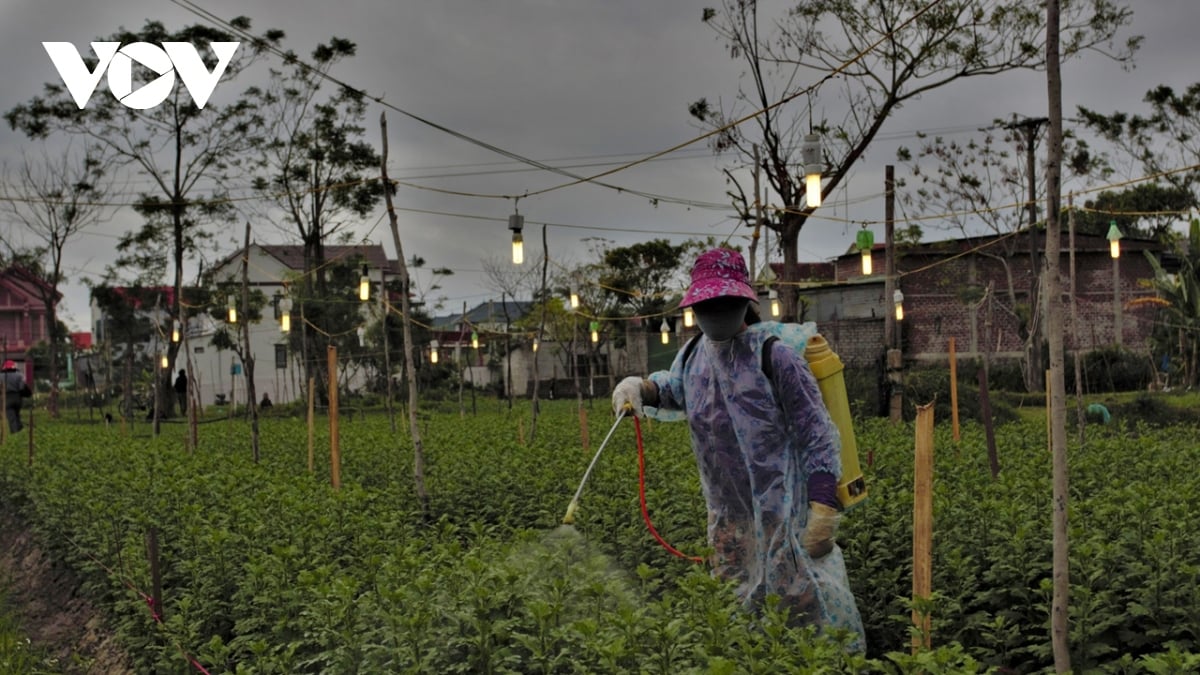
That is, foreign markets today all impose technical barriers in the form of green standards, ESG standards for exported goods. When entering the international market, exported goods must ensure that they consume very little energy and emit little into the environment. On the other hand, political fluctuations that directly affect the supply chain, especially the energy supply chain, causing fluctuations in oil prices, gas prices, etc., will also cause Vietnam to lose initiative in market planning or product policies.
“The revised Law on Energy Efficiency and Conservation will have to address the two biggest challenges: the international market and the supply chain. This will help to better forecast the economy ’s energy demand for 1-2 years, or even 5 years, so that the economy can be more proactive in energy production, supply and management,” said Mr. Dung.
Effective energy saving in industrial, agricultural and service production has always been an issue that has been taken into account in recent times. However, according to data from Mr. Vo Quang Lam - Deputy General Director of Vietnam Electricity Group (EVN), the country currently has more than 2.5 million enterprises including production and trade services, agricultural, forestry and fishery enterprises have used up about 82% of electricity and the industrial sector alone currently uses about 53% of the country's electricity.
“In 2024, the country's commercial electricity output was 216 billion kWh, but the industrial and commercial services group alone accounted for 173 billion kWh. This is a very large number and if we analyze more deeply the customer group which are key manufacturing enterprises, there are about more than 4,000 enterprises that have used up 34% of the electricity output,” said Mr. Lam.

Establish a fund to support the use of energy economically and efficiently.
According to Mr. Nguyen Phuong Tuan - Deputy Chairman of the National Assembly's Committee on Science, Technology and Environment, the Law on Economical and Efficient Use of Energy (amended) this time only amends and supplements a number of main articles, so the Government has directed the drafting agency to focus on 4 new policies. The first policy is to improve the effectiveness of state management on the issue of economical and efficient use of energy.
The second policy is to manage the development of energy audit service companies and human resource development. The third policy is related to financial incentives, establishing a Fund to promote the development of energy saving and efficiency. The fourth policy is to transform the market and manage performance, including energy labeling.
“Basically, this amendment has inherited what is in the current law, focusing on the issue of building financial and technical tools to support businesses in accessing and designing solutions to meet energy needs in the current new situation,” said Mr. Tuan.
Providing more information about the Energy Efficiency and Conservation Support Fund, Mr. Dang Hai Dung said that the Fund will support enterprises in converting production lines or manufacturing vehicles and equipment to have the opportunity to access technical support. When the Fund is officially put into operation, it will have access to preferential capital sources, expected to be mobilized from international organizations. The Ministry of Industry and Trade is designing a socialized fund, operating in the direction of preserving capital sources.
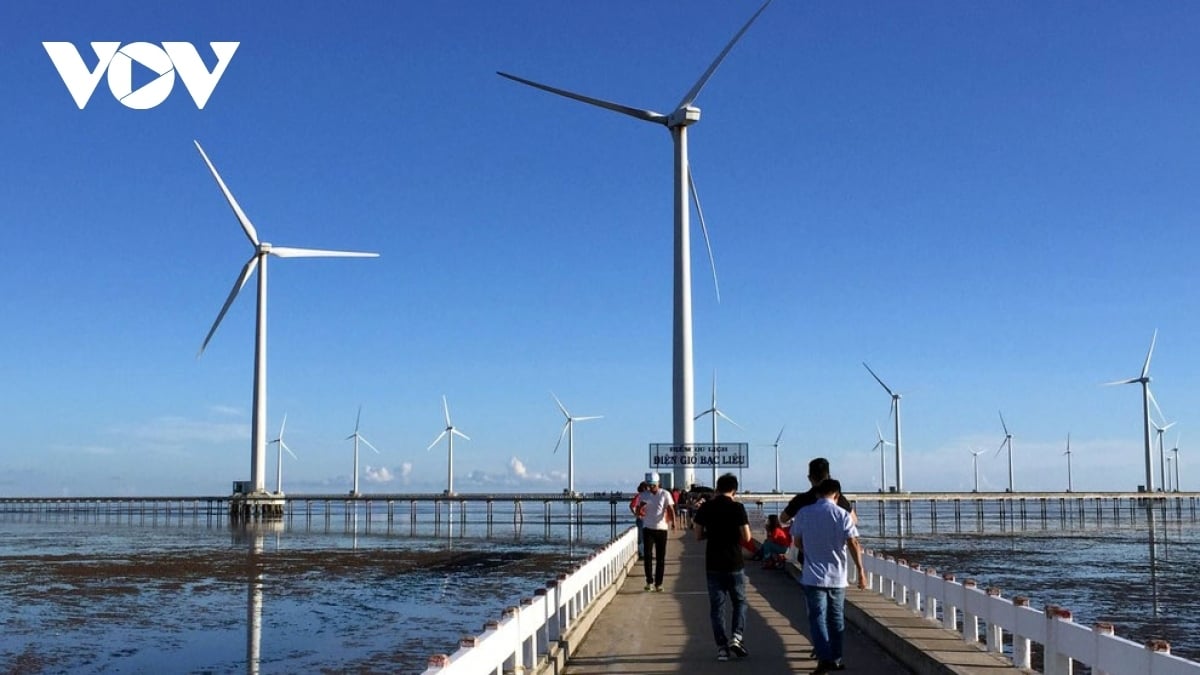
Currently, the Ministry of Industry and Trade has developed and submitted to the Government and the National Assembly a draft Law amending and supplementing a number of articles of the Law on Economical and Efficient Use of Energy. It is expected that the Law will be submitted to the National Assembly for approval at the 9th Session of the 15th National Assembly according to the 1-session process.
The revised law is expected to open new doors, improve practicality and feasibility, and ensure consistency and uniformity of the legal system in energy use activities. This will help Vietnam promptly take advantage of, attract and mobilize international resources to support and promote the process of energy-saving investment and market transformation of energy-saving products.
Source: https://baohungyen.vn/hon-4-000-doanh-nghiep-su-dung-het-34-san-luong-dien-ca-nuoc-3181632.html








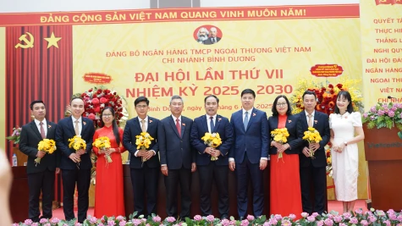



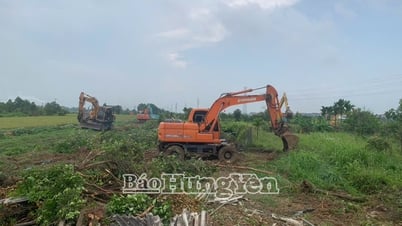
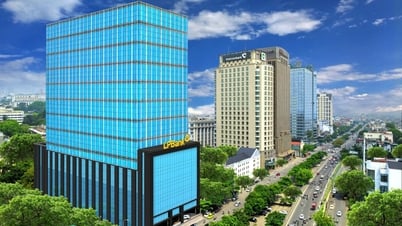


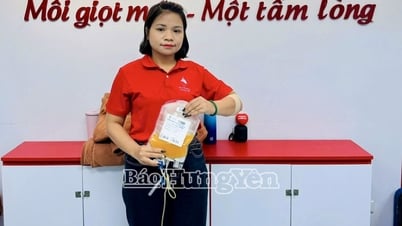




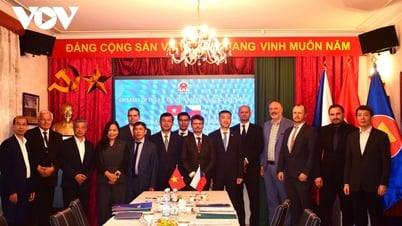
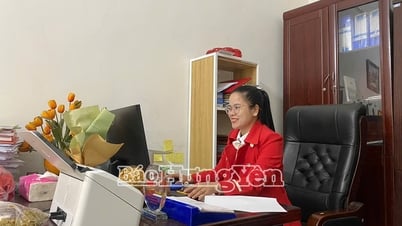



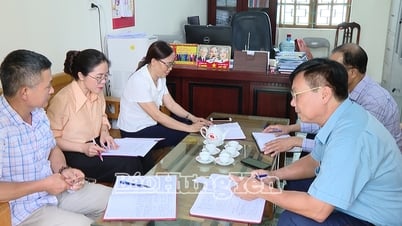

































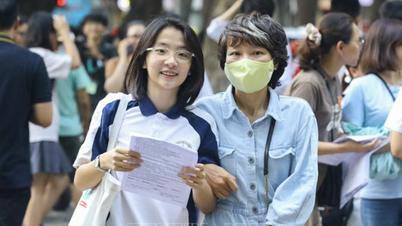
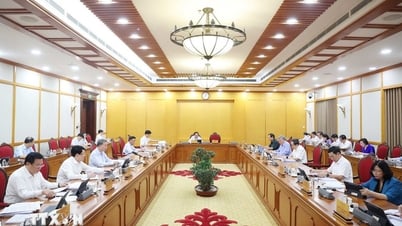



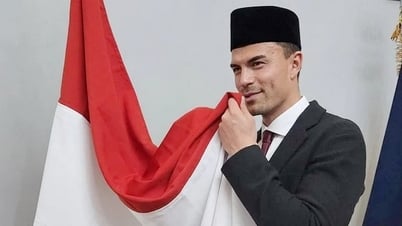






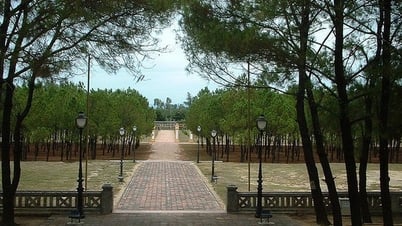
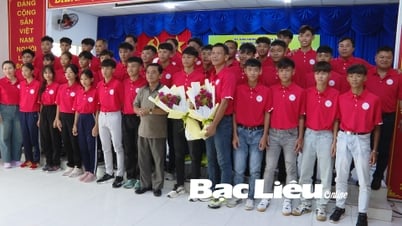
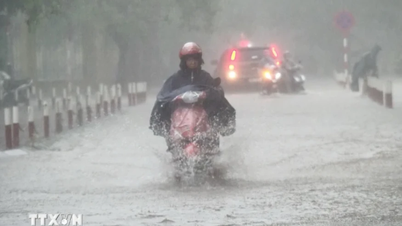

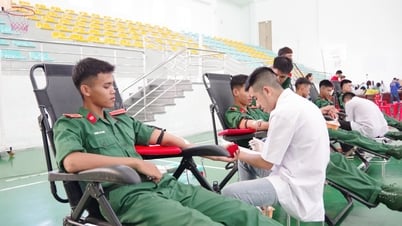

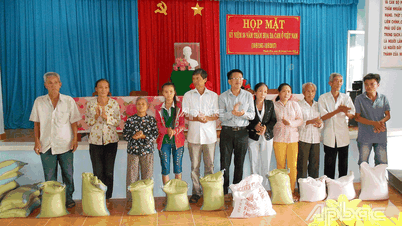








![[OCOP REVIEW] Tu Duyen Syrup - The essence of herbs from the mountains and forests of Nhu Thanh](https://vphoto.vietnam.vn/thumb/402x226/vietnam/resource/IMAGE/2025/6/5/58ca32fce4ec44039e444fbfae7e75ec)






Comment (0)